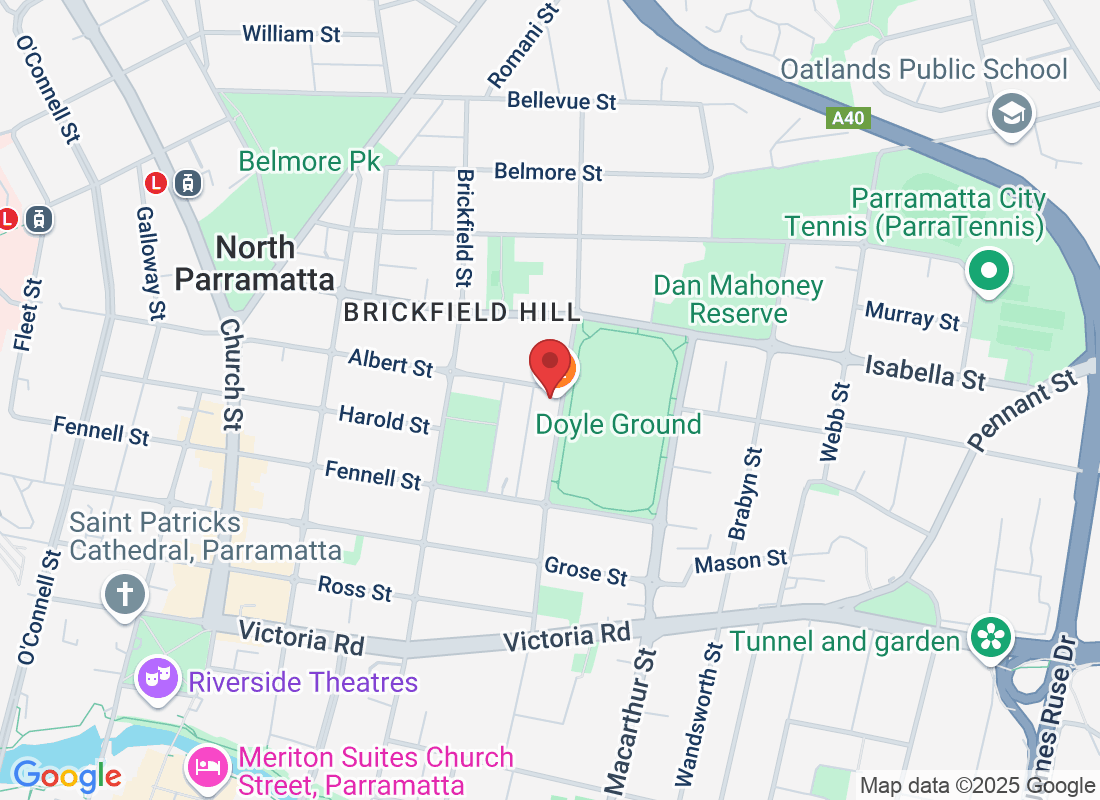
ACL Injuries: Symptoms, Treatment, and Recovery with Physiotherapy
An anterior cruciate ligament (ACL) injury can be a game-changer, whether you’re an athlete, a weekend warrior, or simply someone who enjoys staying active. The ACL plays a crucial role in stabilising the knee, and when it’s torn or damaged, it can significantly impact mobility and function. If you’re dealing with an ACL injury, understanding its symptoms, treatment options, and how physiotherapy can aid in your recovery is key to getting back on your feet. At our Dunedin Physio Clinic, we help individuals navigate the rehabilitation process and regain strength, stability, and confidence in their movement.
Understanding ACL Injuries
The ACL is one of the major ligaments in the knee, responsible for preventing excessive forward movement of the shin bone and maintaining overall knee stability. ACL injuries commonly occur during sports or activities that involve sudden stops, pivots, or jumps. They can also happen due to direct impact, such as a fall or collision.
Symptoms of an ACL Injury
An ACL injury is typically easy to identify due to its distinct symptoms. If you’ve experienced any of the following, you may have sustained an ACL tear:
A popping sound at the moment of injury
Immediate and significant swelling in the knee
Intense pain and discomfort, especially when trying to bear weight
A feeling of instability or the knee giving way during movement
Limited range of motion and difficulty fully extending or bending the knee
Treatment Options for ACL Injuries
The severity of an ACL injury determines the appropriate treatment plan. Some individuals may require surgery, while others can recover through conservative methods such as physiotherapy.
Non-Surgical Treatment
For partial ACL tears or for those who do not engage in high-impact sports, physiotherapy can be an effective non-surgical approach. This involves:
Pain management techniques, including ice therapy and controlled movement
Strengthening exercises to support surrounding muscles and compensate for ligament instability
Bracing to provide additional knee support during movement
Gait retraining to ensure proper movement patterns
Surgical Treatment
A full ACL tear often requires surgical reconstruction, especially for active individuals. The procedure involves replacing the torn ligament with a graft from the patient’s hamstring, patellar tendon, or a donor source. While surgery is effective in restoring knee stability, post-surgical rehabilitation at a Dunedin physio clinic is crucial for a full recovery.
How Physiotherapy Aids in ACL Recovery
Regardless of whether surgery is required, physiotherapy plays a pivotal role in regaining knee function, strength, and stability after an ACL injury. The rehabilitation process is typically divided into phases to ensure a structured and effective recovery.
Phase 1: Immediate Post-Injury or Post-Surgery (Weeks 1-2)
Reduce swelling and pain using ice therapy and elevation
Gentle range of motion exercises to prevent stiffness
Activation of the quadriceps muscles to maintain strength
Weight-bearing exercises as tolerated
Phase 2: Strength and Stability (Weeks 3-8)
Progressive strength training for the quadriceps, hamstrings, and glutes
Balance exercises to restore proprioception and prevent future instability
Introduction of low-impact cardiovascular exercises like cycling or swimming
Phase 3: Advanced Strengthening and Functional Training (Weeks 9-16)
Higher resistance training to build endurance
Plyometric exercises (jumping and landing drills) to improve neuromuscular control
Sport-specific training to prepare for a return to high-impact activities
Phase 4: Return to Activity (Months 4-9)
Full range of motion and pain-free movement
Agility and reaction-based drills for sports readiness
Strength assessments to determine return-to-sport readiness
Preventative exercises to reduce the risk of re-injury
The Importance of a Dunedin Physio Clinic for ACL Recovery
A successful recovery from an ACL injury requires expert guidance and structured rehabilitation. At our Dunedin Physio Clinic, we provide individualised treatment plans that cater to your recovery goals, whether you aim to return to competitive sports or simply regain full mobility for daily activities.
Our approach includes:
Personalised rehabilitation programs tailored to your specific injury and fitness level
Hands-on therapy to promote proper healing and restore knee function
Education on injury prevention, helping you minimise the risk of re-injury
Preventing Future ACL Injuries
Once you've recovered, it’s important to take steps to prevent future ACL injuries. Physiotherapy can help improve biomechanics, strength, and flexibility to reduce the likelihood of re-injury. Key prevention strategies include:
Strengthening the hip and core muscles to support knee stability
Practicing proper jumping and landing techniques to minimise stress on the knee
Incorporating dynamic warm-ups before high-impact activities
Conclusion
An ACL injury can feel like a major setback, but with the right treatment plan and Physio Performance Dunedin Physio Clinic by your side, recovery is absolutely possible. Whether you need rehabilitation after surgery or a structured physiotherapy program for a non-surgical approach, we are here to guide you every step of the way. If you’re dealing with knee instability or recovering from an ACL tear, don’t hesitate to reach out and start your journey toward a full recovery today.
Book an appointment with us and take the first step towards getting back to doing what you love!



